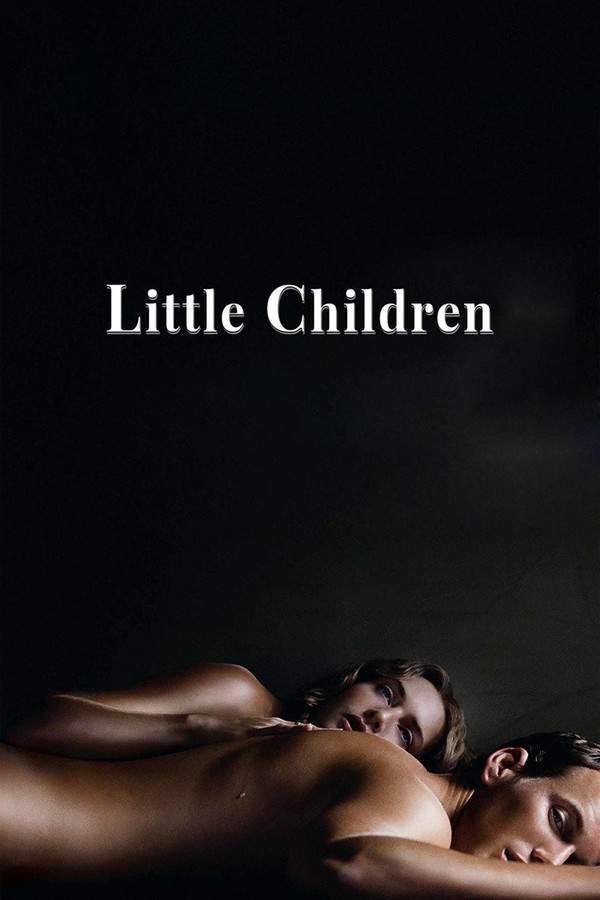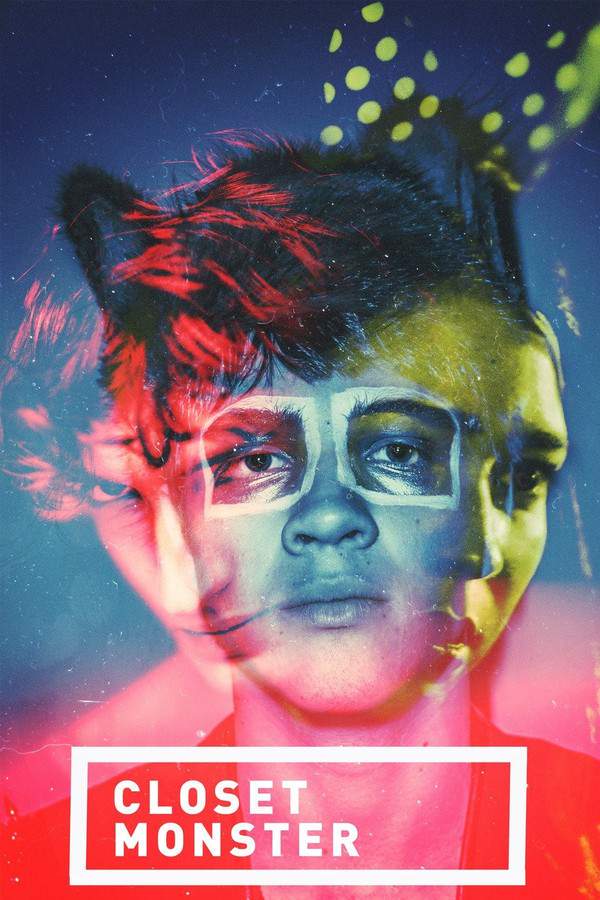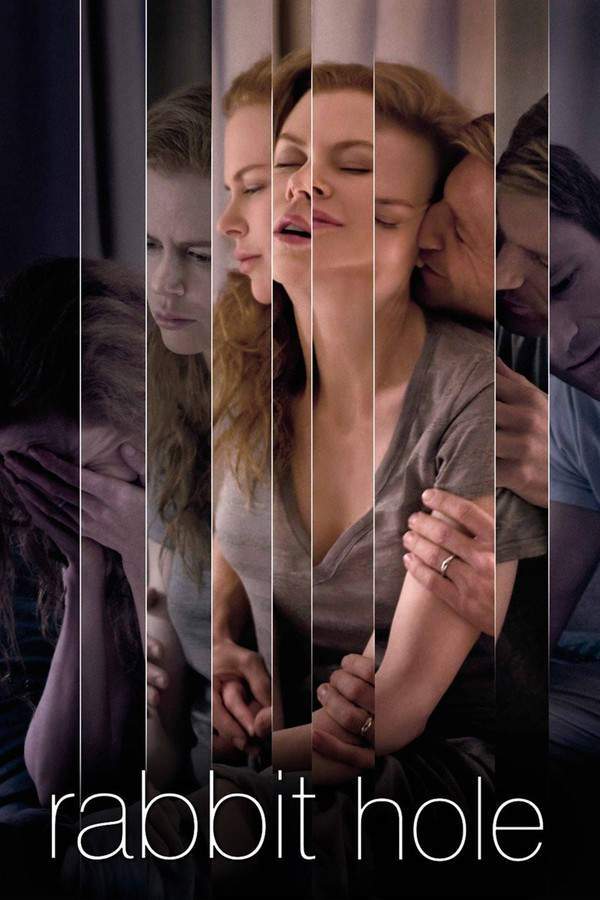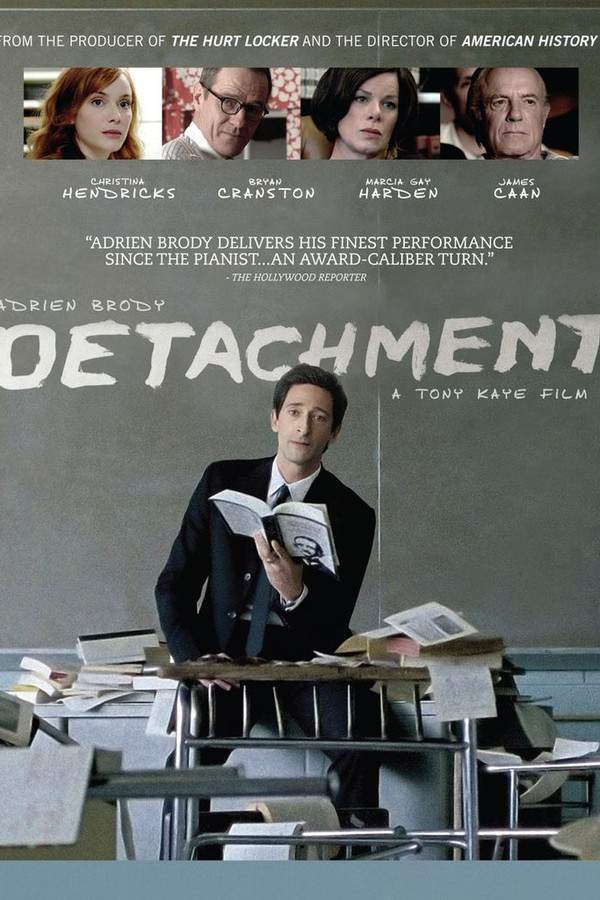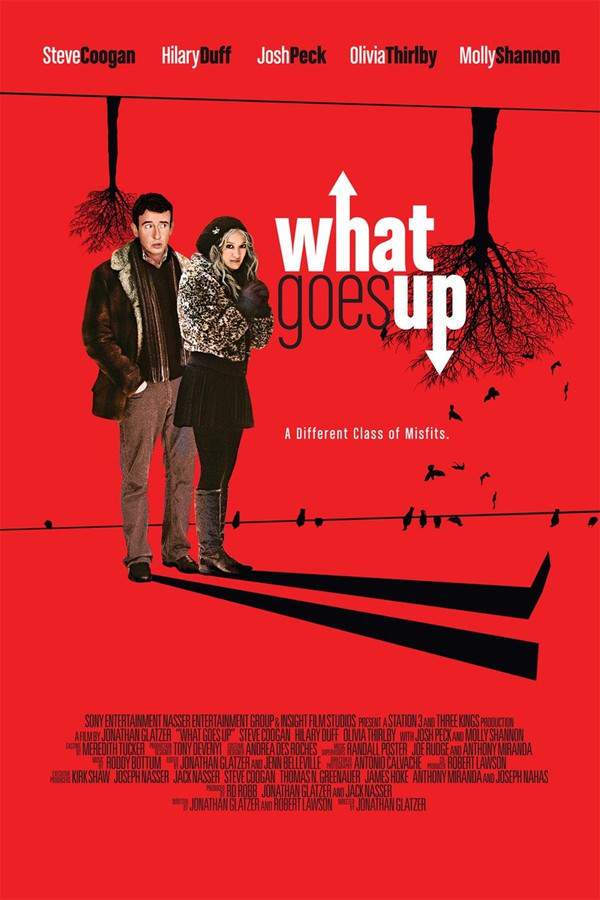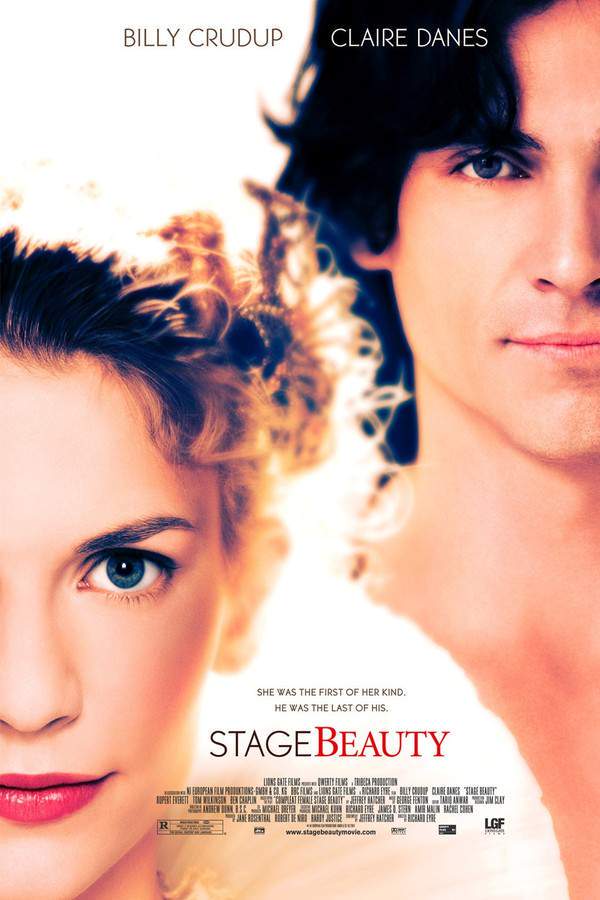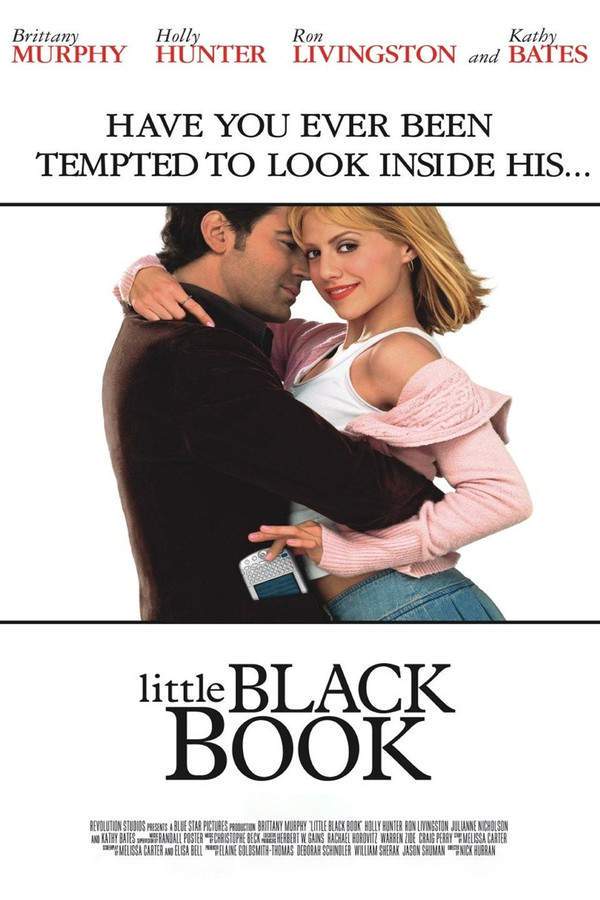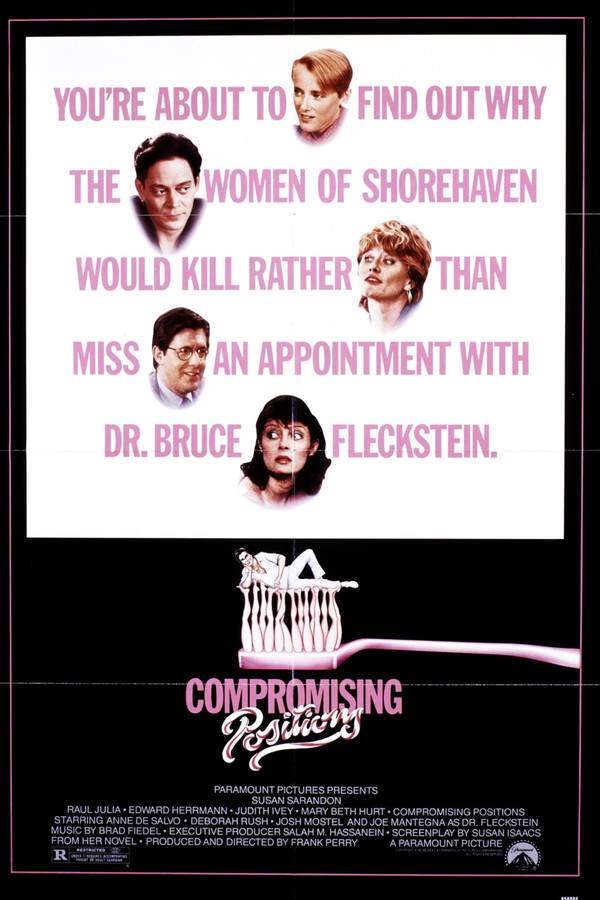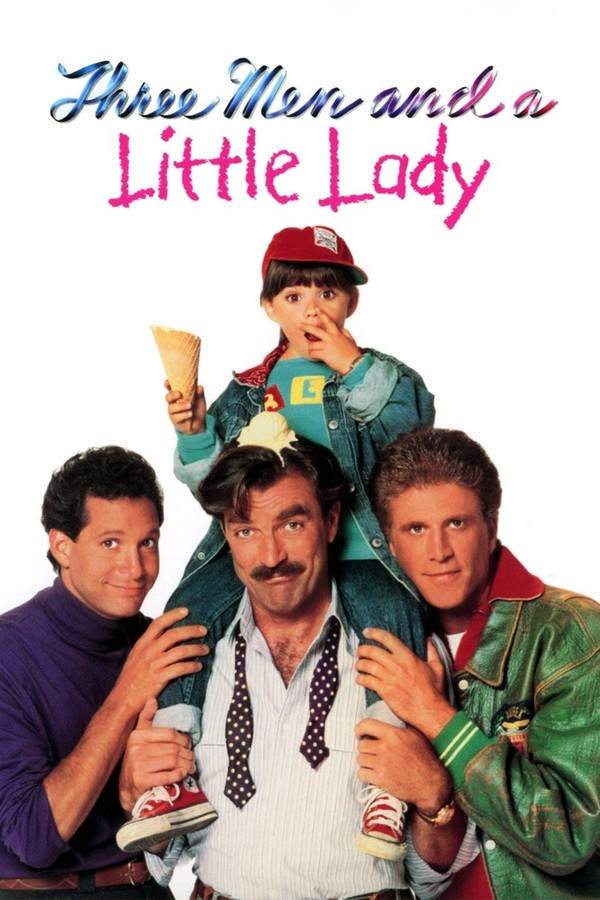
An Awfully Big Adventure
Year: 1995
Runtime: 113 mins
Language: English
Director: Mike Newell
Budget: $4M
In love, as in life, destiny waits in the wings of post‑war Liverpool, 1947. A star‑struck, naive teenage girl joins a rundown theatre troupe. During a winter staging of Peter Pan, the production morphs into a dark metaphor for youth, pulling her into a web of sexual politics and intrigue, and exposing her to the adult world of the stage.
Warning: spoilers below!
Haven’t seen An Awfully Big Adventure yet? This summary contains major spoilers. Bookmark the page, watch the movie, and come back for the full breakdown. If you're ready, scroll on and relive the story!
An Awfully Big Adventure (1995) – Full Plot Summary & Ending Explained
Read the complete plot breakdown of An Awfully Big Adventure (1995), including all key story events, major twists, and the ending explained in detail. Discover what really happened—and what it all means.
In the film’s opening, a hotelier leads a wary figure into a bomb shelter as Liverpool endures the Blitz, anchoring the story in a city scarred by war. A brief flashback then reveals a mother who, faced with danger, leaves her baby in a basement lit by flickering candles, slipping a string of pearls onto the child’s pillow while a single rose is wrapped around them. This haunting image threads its way through the narrative, hinting at secrets that will shape the lives of the characters to come.
Years later, Stella Bradshaw Georgina Cates grows up in a working-class Liverpool home with her Uncle Vernon Alun Armstrong and Aunt Lily Rita Tushingham. With little real family closeness, she clings to memories of her mother—often speaking into phone booths as if the call might reach her, though the mother never appears on screen. This longing for connection drives Stella to search for a path that will lift her from the only predictable life she knows.
Her uncle believes acting could be that path, pushing Stella toward a career in performance. He arranges speech lessons and pulls strings to secure her a place at a local repertory theatre, hoping the stage will provide an escape from the routine of working behind a shop counter. The plan sounds straightforward, but the theatre world proves more complicated than the family anticipates, filled with charm and danger in equal measure.
After an unsuccessful audition, Stella ends up as a gofer for Meredith Potter Hugh Grant, a director whose gleaming exterior masks a troubling moral void, and Bunny [Peter Firth], his loyal stage manager. Stella’s first real foothold in the company sets her on a collision course with the men who run the troupe, and she soon finds herself drawn toward the orbit of Meredith, even as his worldliness and self-absorption blur the lines between mentorship and manipulation. Meredith’s attitude—cool, caustic, and dismissive—casts a shadow over everyone in the troupe, especially those who hope for genuine recognition.
Into this volatile mix steps P. L. O’Hara Alan Rickman, a brilliantly capable actor who has returned to the company to play Captain Hook in a Christmas production of Peter Pan, and who also doubles as Mr. Darling. O’Hara moves with quiet grace, but beneath the polish lies a mind shaped by wartime memories and a belief in a past love he once thought might have produced a son. His presence adds a layer of emotional tension to the backstage dynamics, and his interactions with Stella grow into something both intimate and morally fraught.
Stella’s infatuation with Meredith deepens as she interprets his worldliness as a kind of glamour she has never known. She sees in him not just a director, but a doorway to experiences beyond her upbringing, even as the truth about Meredith’s treatment of others—how he treats Dawn Allenby, a desperate actress who is dismissed and left to unravel—keeps surfacing as a dark counterpoint to his charm. Among the backstage intrigue, Stella also becomes entangled with the company’s younger performers, including the offers of affection from the boys who circle the theatre, further complicating her attempt to stake a claim on Meredith’s attention and approval.
The tension comes to a head during a cast outing when Geoffrey [Alan Cox], a fellow stagehand whom Potter has been toying with, erupts and strikes Meredith Potter in the nose. The moment unsettles the cast, who rally around Geoffrey, but Stella voices a harsh verdict that he should be fired. In the midst of the fallout, O’Hara confronts a hard truth about Meredith, explaining with a clarity that cuts through the fog of backstage cruelty: “believe it or not, it doesn’t much matter him or her to Meredith. What he wants is hearts.” This blunt assessment casts a harsh light on Meredith’s predatory dynamic with the people around him and reframes Stella’s attraction as part of a larger economy of desire and power.
The plot pivots on a revelation that changes everything Stella thinks she knows. O’Hara visits Stella’s aunt and uncle and reveals that Stella’s long-missing mother was his own lost love, whom he had known by the nickname Stella Maris. This revelation implies that Stella is, in fact, his daughter—a truth he keeps to himself as he returns to the seaport. On the journey home, disaster strikes when he loses footing on a wet gangplank, falls into the water, and begins to drown. Before the darkness overtakes him, he glimpses the girl from the earlier flashbacks, clutching an infant—a poignant reminder of the family ties he believed he was not destined to claim.
In the aftermath, Stella rushes to a phone booth to confess her woes, confronting a lineage she never fully understood. The film then ties the emotional thread to a final, bittersweet note: Stella Maris—the mother who vanished from the present—had years earlier won a nationwide contest to be the voice of the speaking clock. Her recorded voice remains the sole reply to her daughter’s confidences, a haunting reminder that memory and legacy endure even when people disappear from the world they left behind.
Across this sweeping, intimate portrait, the film explores longing, ambition, and the often painful collision between art and life. It traces Stella’s attempts to navigate affection, professional ambition, and the shadows of her parentage, all set within the claustrophobic, combustible world of a theatre company where desire and cruelty are in constant play. The result is a relentlessly human story, anchored in strong performances and a reverberating sense that the past continues to steer the present, even when the living cannot fully reach it.
Last Updated: October 07, 2025 at 08:50
Explore Movie Threads
Discover curated groups of movies connected by mood, themes, and story style. Browse collections built around emotion, atmosphere, and narrative focus to easily find films that match what you feel like watching right now.
Movies about a dark coming-of-age like An Awfully Big Adventure
Stories of youthful innocence shattered by harsh adult realities in confined settings.If you liked the somber, character-driven journey in An Awfully Big Adventure, explore more movies about painful awakenings. These stories often feature naive protagonists entering restrictive worlds where they confront difficult truths about love, family, and themselves, leading to a bittersweet or melancholic maturity.
Narrative Summary
The narrative follows a young, idealistic character as they enter a microcosm of society, initially filled with wonder. This world, however, is layered with hidden power dynamics, secrets, and often a manipulative mentor figure. The protagonist's gradual disillusionment forms the core of the story, culminating in a revelation that redefines their identity and leaves them forever changed.
Why These Movies?
Movies in this thread are united by their focus on a specific, intense type of adolescent experience. They share a melancholic tone and a claustrophobic mood, using a steady pace to build a sense of unease and inevitability. The emotional weight is consistently heavy, driven by themes of exploitation, family secrets, and the high cost of self-discovery.
Movies about dark backstage drama like An Awfully Big Adventure
Where the drama offstage is more compelling than the performance itself.For viewers who enjoyed the post-war theatre setting and psychological intrigue of An Awfully Big Adventure, this collection features similar movies about performing arts. These dramas explore the tangled relationships, rivalries, and dark secrets that thrive behind the scenes, often with a melancholic or bittersweet tone.
Narrative Summary
The plot revolves around a theatrical production or similar artistic endeavor, which serves as a backdrop and metaphor for the characters' lives. The narrative intertwines the mounting pressures of the show with the escalating personal dramas of the cast and crew. Secrets are revealed, alliances shift, and the boundary between performance and reality blurs, leading to a dramatic, often emotionally charged conclusion.
Why These Movies?
These films share a specific, evocative setting that naturally breeds drama. They are grouped by their steady, methodical pacing that builds tension through dialogue and character interaction rather than action. The mood is consistently introspective and claustrophobic, focusing on the psychological dynamics within a closed group under pressure.
Unlock the Full Story of An Awfully Big Adventure
Don't stop at just watching — explore An Awfully Big Adventure in full detail. From the complete plot summary and scene-by-scene timeline to character breakdowns, thematic analysis, and a deep dive into the ending — every page helps you truly understand what An Awfully Big Adventure is all about. Plus, discover what's next after the movie.
An Awfully Big Adventure Timeline
Track the full timeline of An Awfully Big Adventure with every major event arranged chronologically. Perfect for decoding non-linear storytelling, flashbacks, or parallel narratives with a clear scene-by-scene breakdown.

Characters, Settings & Themes in An Awfully Big Adventure
Discover the characters, locations, and core themes that shape An Awfully Big Adventure. Get insights into symbolic elements, setting significance, and deeper narrative meaning — ideal for thematic analysis and movie breakdowns.

An Awfully Big Adventure Spoiler-Free Summary
Get a quick, spoiler-free overview of An Awfully Big Adventure that covers the main plot points and key details without revealing any major twists or spoilers. Perfect for those who want to know what to expect before diving in.

More About An Awfully Big Adventure
Visit What's After the Movie to explore more about An Awfully Big Adventure: box office results, cast and crew info, production details, post-credit scenes, and external links — all in one place for movie fans and researchers.

Similar Movies to An Awfully Big Adventure
Discover movies like An Awfully Big Adventure that share similar genres, themes, and storytelling elements. Whether you’re drawn to the atmosphere, character arcs, or plot structure, these curated recommendations will help you explore more films you’ll love.
Explore More About Movie An Awfully Big Adventure
An Awfully Big Adventure (1995) Scene-by-Scene Movie Timeline
An Awfully Big Adventure (1995) Movie Characters, Themes & Settings
An Awfully Big Adventure (1995) Spoiler-Free Summary & Key Flow
Movies Like An Awfully Big Adventure – Similar Titles You’ll Enjoy
Gigantic (2009) Ending Explained & Film Insights
3 Men and a Little Lady (1990) Full Movie Breakdown
Adventures in the Sin Bin (2013) Movie Recap & Themes
Skipped Parts (2000) Story Summary & Characters
The Peter Pan Formula (2005) Spoiler-Packed Plot Recap
50 Ways of Saying Fabulous (2005) Film Overview & Timeline
An Impudent Girl (1985) Full Summary & Key Details
All Aboard (1917) Film Overview & Timeline
Adventure in Baltimore (1949) Complete Plot Breakdown
Age of Consent (1969) Ending Explained & Film Insights
My Life So Far (1999) Detailed Story Recap
Intimate Relations (1996) Full Summary & Key Details
The Extra Girl (1923) Full Movie Breakdown
Daddy Long Legs (1931) Full Movie Breakdown
Loose Ankles (1930) Ending Explained & Film Insights


